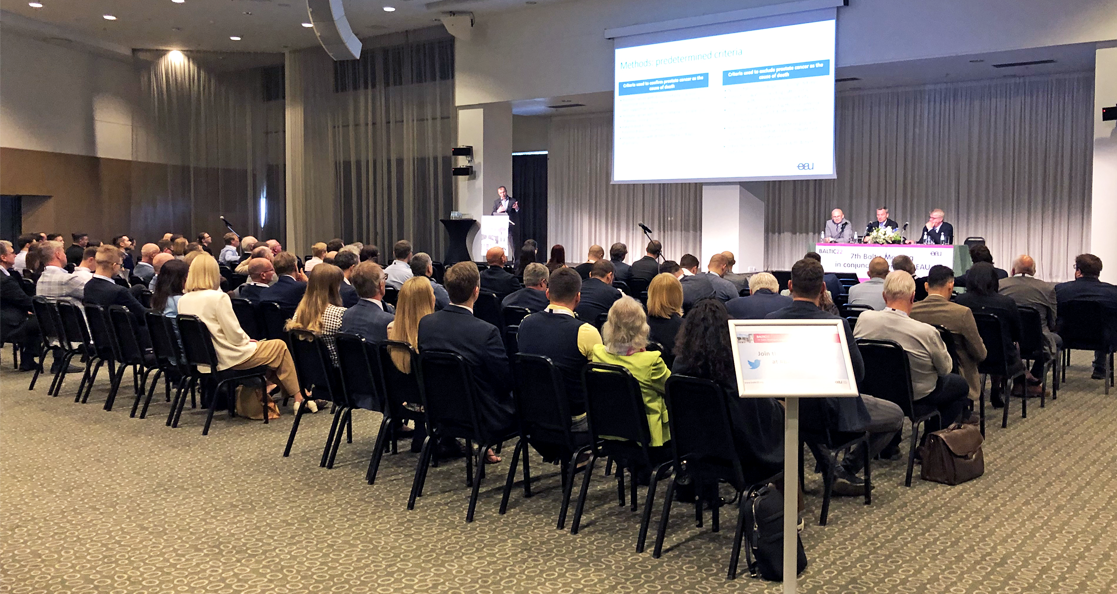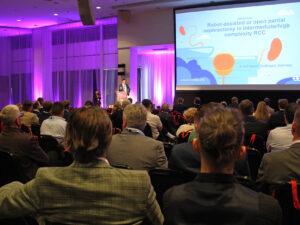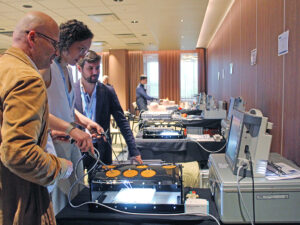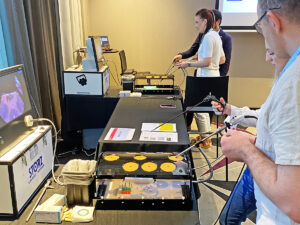Sometimes what works for some countries may not always work for yours. The 8th Baltic Meeting (Baltic23) took this into account and focused on regionally-centred updates on research, best practices, and innovation. This way, the updates you receive at the meeting are a good fit for you and your practice.
In this article, Dr. Juris Plonis (LV), president of Baltic23 and the Latvian Urological Association, offers a sneak peek at what you can expect at the meeting and how joining Baltic23 will benefit you and your patients.
What is the relevance of the Baltic23 meeting?
Dr. Plonis: Firstly, participating in this meeting is a great opportunity, especially for young doctors. Not only can they present their scientific work to peers in the region but also have a broader reach on an international scale.
The Baltic23 programme will also consist of courses and Hands-on Training (HOT) by the European School of Urology (ESU). One notable ESU course will be led by Prof. Olivier Traxer which is entitled “Flexible ureterorenoscopy and retrograde intrarenal surgery: Instrumentation, technique, tips, tricks, and indications”. This course will concentrate on retrograde intrarenal surgery (RIRS) using flexible ureterorenoscopes and Holmium YAG lasers.
The HOT courses are designed to sharpen competencies in laparoscopy, ureterorenoscopy, and endoscopy. The aims are to help participants gain more knowledge of instruments and technologies and boost their confidence in performing the aforementioned procedures. Consequently, these HOT courses will help enhance patient care, and lessen risks and complications in the long run.
Since Baltic23 will bring together knowledgeable, dedicated, and enthusiastic urologists from all over Europe, the meeting will also offer networking opportunities to participants. This is also vital in knowledge sharing.
What are the topic highlights of the scientific programme?
Dr. Plonis: The scientific programme is carefully and thoughtfully prepared. If I had to choose which topics are noteworthy, these would include functional urology, focal therapy, urinary tract infections, and stone disease treatment. The Baltic23 programme is intended to be advantageous and rewarding to participants.
Other components of the meeting to look forward to are the Young Urologists Competition, which will feature brilliant promising urologists and their innovative research; the poster sessions; and of course, lively debates during the lectures.
What are the clinical challenges in the region that Baltic23 will address?
Dr. Plonis: From standpoints in terms of availability of resources and familiarity with the procedures, the challenges in the region include laparoscopy and robotic-assisted surgery. It will be exciting to see participants experience and learn more about the fundamentals and techniques of these procedures while being guided by the experts.
You are invited to Baltic23
Mark the 26th and 27th of May 2023 on your calendars and join us in Riga, Latvia for this anticipated meeting. You can also take advantage of the reduced rates of the early fee by registering before the deadline of 30 March 2023.




